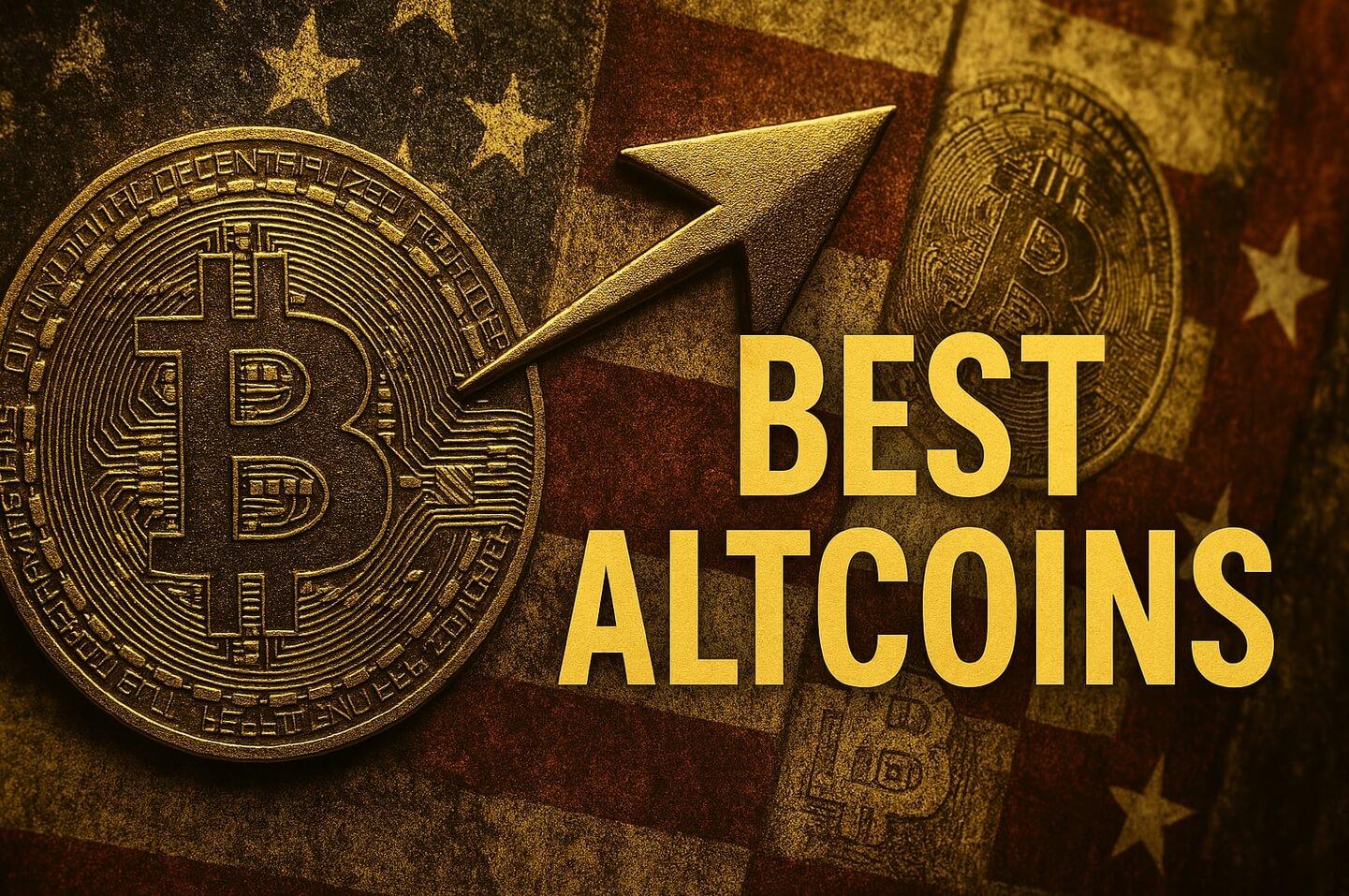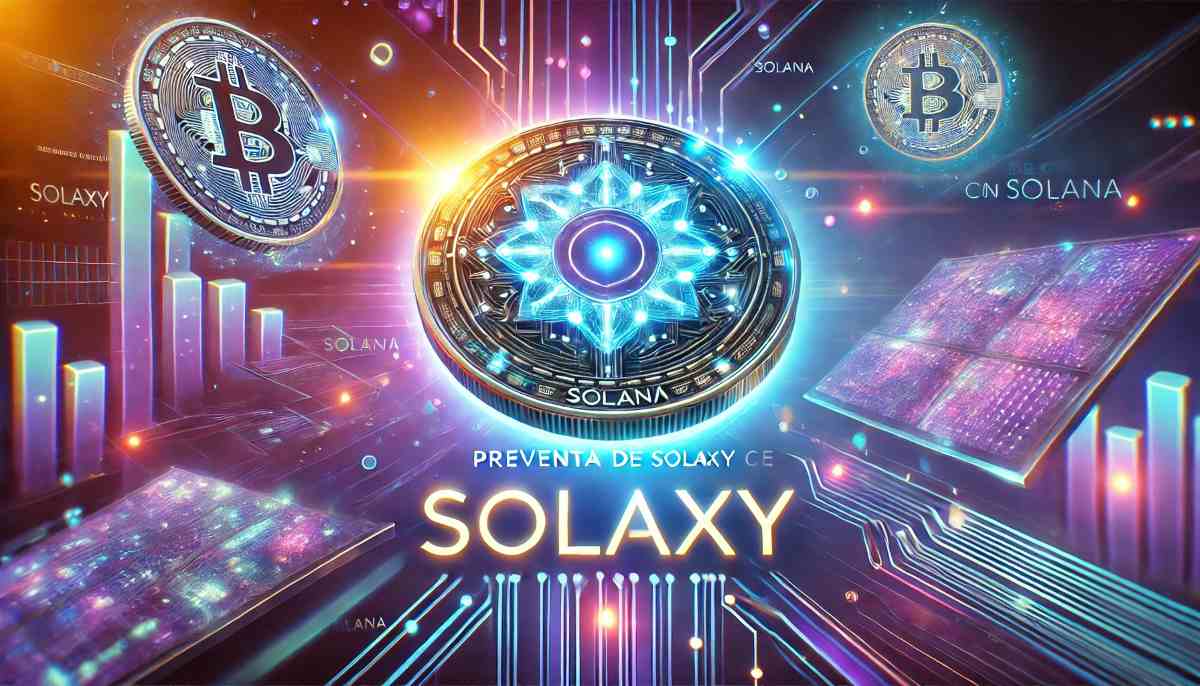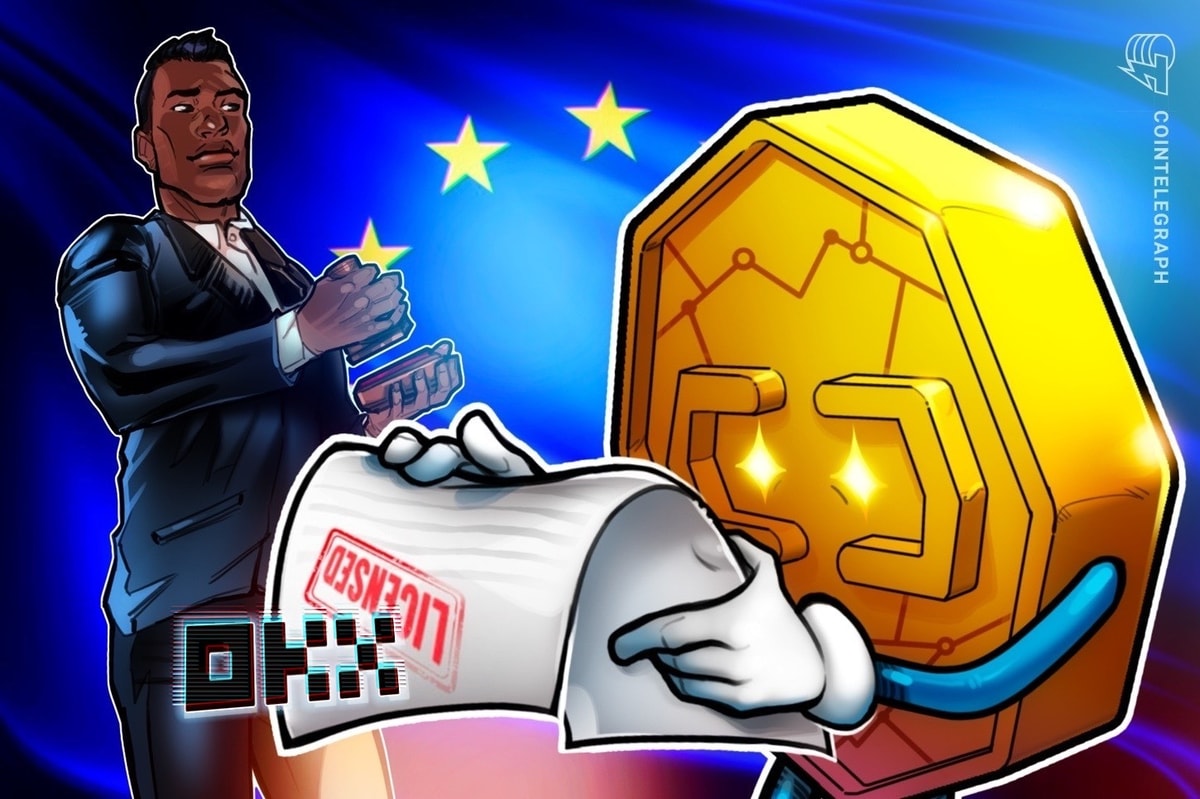Universal Basic Income (UBI) is a method where people are given regular money without meeting any conditions. The reason for doing this is to reduce poverty, make the economy more equitable, and provide assistance when the economy is unpredictable. Regular UBI programs depend on governments to hand out money, which could lead to political conflicts and delays. Blockchain UBI proposes a different solution in the form of utilizing decentralized systems for transferring money to people directly.
How Blockchain UBI Works
Blockchain UBI uses decentralized welfare systems to automate the distribution of financial support. The payments are made via smart contracts based on predetermined rules to guarantee timely and transparent payments. Smart contracts eliminate intermediaries such as governments or banks. Blockchain UBI initiatives typically distribute money in the form of crypto airdrops, meaning digital tokens are distributed to the eligible individuals.
Cryptocurrency airdrops can be conducted for single groups of people or for all users of a specific blockchain network. As the blockchain is not centralized, the rules apply to all individuals on an equal basis, minimizing discrimination and corruption. As soon as the smart contract is set up, payments just keep on occurring by themselves with no type of human involvement.
Tokenized Income and Economic Equity
Tokenized income is a core feature of blockchain UBI. Instead of traditional money, participants receive digital tokens. These tokens can be pegged to fiat currencies or represent cryptocurrencies. Some tokens are programmed for specific uses, such as buying groceries, accessing healthcare, or paying for education.
This approach helps direct funds toward essential needs, preventing misuse. It also creates a transparent system where each transaction is recorded on the blockchain. Tokenized income makes the distribution process fairer and reduces opportunities for corruption.
Benefits of Decentralized Welfare Systems
Blockchain UBI offers several benefits compared to traditional welfare programs:
- Transparency: All transactions are recorded on a public ledger, reducing the risk of corruption.
- Automation: Smart contracts automatically distribute funds based on pre-defined conditions.
- Global Reach: Blockchain networks operate across borders, making UBI accessible to anyone with an internet connection.
- Economic Equity: Funds are distributed without bias, helping to reduce income gaps.
- Reduced Administrative Costs: Automated systems lower the need for intermediaries, cutting administrative expenses.
Challenges of Blockchain UBI
Despite its potential, blockchain UBI faces several challenges:
- Price Volatility: Cryptocurrencies can fluctuate in value, affecting the purchasing power of tokenized income.
- Technical Barriers: Users need to understand how to set up crypto wallets and interact with blockchain platforms.
- Security Risks: Decentralized systems are vulnerable to hacking and scams.
- Regulatory Uncertainty: Many countries lack clear regulations for blockchain-based welfare programs.
Table: Pros and Cons of Blockchain UBI
Pros | Cons |
Transparency | Price volatility |
Global accessibility | Technical knowledge required |
Automated distribution | Lack of regulation |
Promotes economic equity | Security risks |
Lower administrative costs | Possible misuse of funds |
Existing Blockchain UBI Projects
Several projects are already testing blockchain UBI systems:
- GoodDollar: Distributes daily UBI in the form of G$ tokens to users worldwide.
- Circles UBI: Uses personalized cryptocurrencies to create mutual credit systems within communities.
- Proof of Humanity: Combines identity verification with UBI to prevent fraud and ensure fair distribution.
These projects offer valuable insights into how blockchain UBI can operate at scale.
The Future of Blockchain UBI
Blockchain UBI is still in its early phase, and new technologies can improve its effectiveness. Stablecoins, which are cryptocurrencies tied to fiat currencies, can address price volatility. User-friendly apps and wallets can make blockchain UBI more accessible. Regulatory frameworks will also play a key role in building trust and protecting users.
Blockchain UBI holds promise for creating a more equitable financial system. By distributing tokenized income directly to individuals, decentralized welfare systems could reduce income inequality and empower communities. As technology advances, blockchain UBI could become a powerful tool in the fight against poverty.
Remember, investing in cryptocurrencies involves risks, and it’s important to conduct thorough research and seek professional advice before making any financial decisions. (Please keep in mind that this post is solely for informative purposes and should not be construed as financial or investment advice.)

















 English (US) ·
English (US) ·